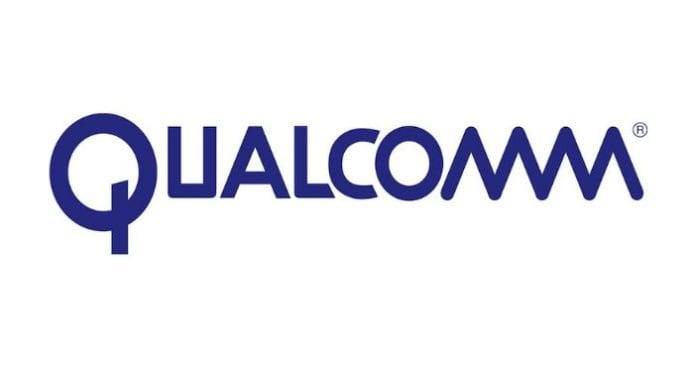South Korean fine hits bottom line.
Qualcomm said its sales were up during its first fiscal quarter, but modem shipments were down. The leading developer of chipsets for mobile devices reported $6 billion in revenue for the most recent quarter, and $800 million in operating profit. Revenue was up 4% versus the year-ago quarter, but operating profit was down 54%. The company’s shares fell on the news.
The drop in operating profit was due to a fine levied against Qualcomm by the government of South Korea. Regulators in that country have fined the company approximately $854 million for allegedly forcing customers to pay extra for its patent licenses in order to maintain access to the company’s chipsets. Qualcomm denies those charges and is contesting the fine.
The chipmaker’s non-generally accepted accounting practices operating profit, which did not include the fine, was $2.1 billion, up 19% from the year-ago quarter. Net income increased 21% to $1.8 billion.
Mobile station modem chipset shipments were down 10% versus a year ago, Qualcomm said. The company cited softness in the Chinese market and said one unnamed customer in particular had been impacted by credit problems. In China, Qualcomm also faces stiff competition from Asian chip suppliers like MediaTek, Samsung and Spreadtrum.
During its earnings call the company also discussed the $1 billion dollar lawsuit brought by Apple late last week. Like the South Korean government, Apple is unhappy with the fees it has to pay to license Qualcomm’s patents. The iPhone maker cooperated with South Korean authorities in their efforts to fine Qualcomm, and now Apple claims the chipmaker is retaliating by withholding funds owed to Apple.
“The recent legal and governmental actions against Qualcomm are at their core driven by commercial disputes,” Qualcomm CEO Steve Mollenkopf said in the company’s earnings announcement. “As we have done in the past, we will vigorously defend our business model and the value of a portfolio of technologies that has been so instrumental to the success of the mobile communications industry.”
Mollenkopf also highlighted the company’s acquisition of NXP Semiconductor, which has not yet closed. NXP became the world’s largest maker of automotive chipsets through its recent purchase of Freescale, and now Qualcomm will be able to combine that business with its own automotive chipset unit.
“The pending NXP acquisition accelerates our strategic transformation in the high growth areas of automotive, [internet of things], security and networking,” Mollenkopf said. “We are very well positioned to lead as the semiconductor engine for the intelligent, connected world.”
Follow me on Twitter.

